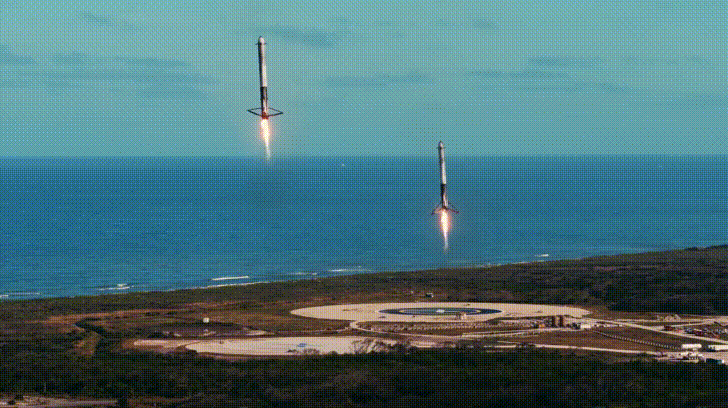9 - [Economic Development] Space, The Next Frontier
Unveiling Opportunities in the Realm of Space

The main economic issue is that the number of economic opportunities in space is increasing. This economic issue relates to existing concepts and models in macroeconomics, through how the development of space technology expands the global (or national or regional) production possibilities curve. An argument discussed by Dr. Matthew C. Weinzierl is that the prospect of a developed space economy should be taken seriously but also with skepticism. I agree with Dr. Weinzierl. An argument I could make is that space holds similarities to the Internet in the sense that the Internet's development led to many economic opportunities, and space's development will likely lead to a similar boom of economic opportunities.
First, the main economic issue is that the number of economic opportunities in space is increasing. This is mainly a result of innovations from private firms that are built upon the work of government space agencies such as NASA. It is said that In particular, NASA provided a detailed breakdown of the cost savings from COTS, concluding that the all-in cost to deliver a kilogram of cargo to the International Space Station was approximately $89,000 through SpaceX and $135,000 through Orbital Sciences, one-third and one-half the $272,000 estimated cost per kilogram that would have been possible with the Space Shuttle. As a result of the two private firms, SpaceX and Orbital Sciences, technological innovations, the cost of delivering cargo to space has been reduced significantly. The reduced costs as a result of these technological innovations will create more demand for space cargo services, which will increase the GDP of space-related economic activity. This will become important later in this reflection.
Next, the economic development of space is related to macroeconomic economic concepts and models, mainly the idea that developing technology increases productivity. I agree with this analysis and these opinions. As seen in the news, prior to SpaceX's innovation that allowed for reusable rocket boosters, the costs associated with space were prohibitively high. As a result of the reduced costs, new companies are being formed to take advantage of the accessibility resulting from these reduced costs. One of these companies is Varda Space Industries, which aims to manufacture goods in low Earth orbit. In this example, this then leads to reduced costs of previously expensive products require a costly and artificial zero gravity environment on earth for their manufacture. This is achieved through using reduced costs of space cargo to transport materials and equipment to manufacture things in low orbit. Additionally, delivery time is reduced through orbital mechanics (given the satellite’s position, the earths rotation, and direct descent from high altitude). I anticipate that the reduced cost of space cargo, through similar cost-reduction effects as seen in Varda Space, will likely lead to increased productivity across various parts of the macroeconomic landscape. Nevertheless, this will not be the only company that takes advantage of the reduced costs of space. This also mirrors the chain of events relating to the Internet. For instance, the iPhone's adoption led to a boom of apps and businesses. Beneath the success of the iPhone's adoption were telecommunications, and internet-related innovations that made the internet more accessible.
In conclusion, the main economic issue is that the number of economic opportunities in space is increasing. This economic issue relates to the concepts or models we have learned from this course through how the development of space technology expands the global (or national or regional) production possibilities curve. An argument discussed by Dr. Matthew C. Weinzierl is that the prospect of a developed space economy should be taken seriously but also with skepticism. I agree with Dr. Weinzierl. An argument I could make is that space holds similarities to the Internet in the sense that the Internet's development led to many economic opportunities, and space's development will likely lead to similar economic opportunities.
Note: Just wanted to add that a topic related to this, which could be expanded upon, is the potential for human capital development through instant internet infrastructure brought by increasingly accessible satellite internet.

Boston - August 11, 2023